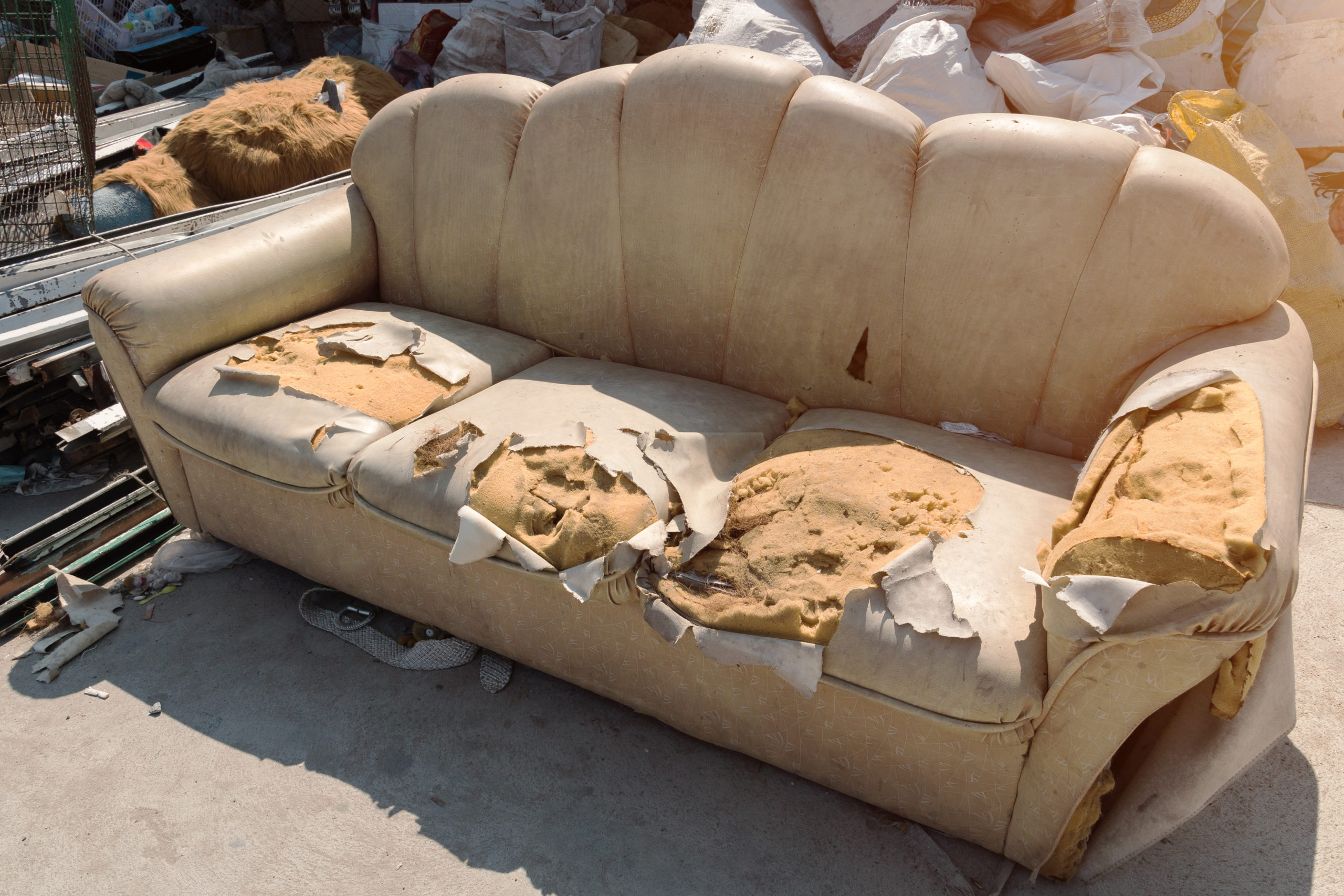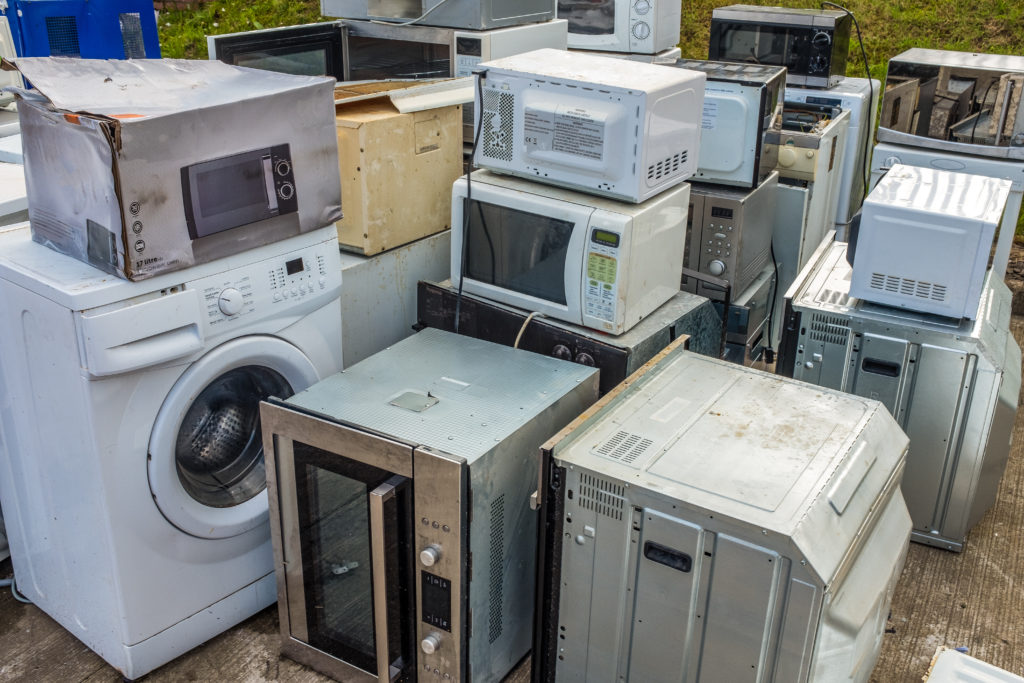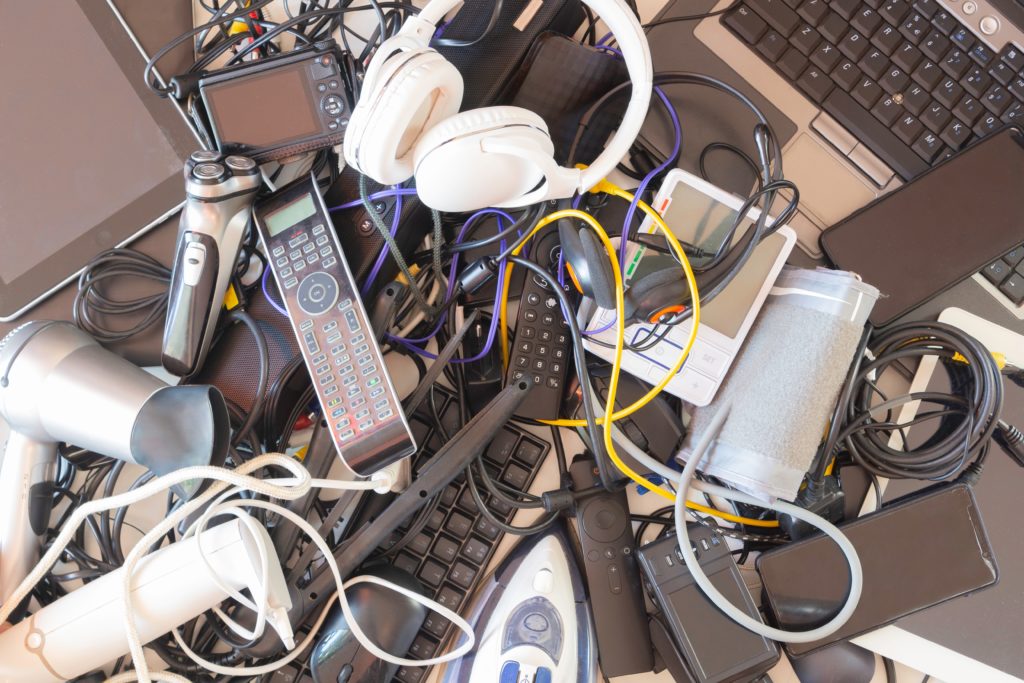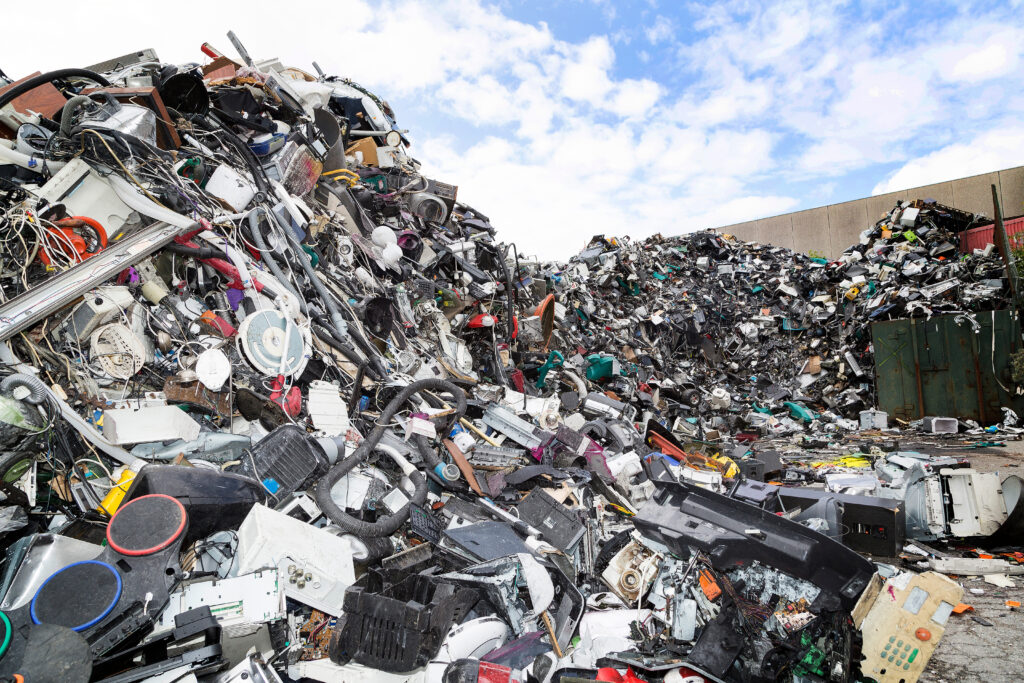In guidance published in 2020, the Agency said microwaves, along with heaters and fans, were found to contain levels of persistent organic pollutants (POPs) which mean they must be sent to specific facilities for treatment. This is usually done through high temperature incineration.
The environmental regulator is now preparing to enforce the guidance in relation to loads of mixed large domestic appliances from HWRCs processed in non-hazardous metal shredders.
In a statement published on 4 February, the British Metals Recycling Association (BMRA) said the Environment Agency had reminded it that these mixed loads must only contain cookers, washing machines, dishwashers, and tumble dryers, excluding the heat-pump.
This material stream should be considered POPs waste if any other items of Category 1 waste electrical and electronic equipment (WEEE), such as microwaves, electrical heaters, and fans, are present.
The BMRA said the Agency accepted that “any necessary changes will not happen overnight”.
However, the environmental regulator expects operators across the supply chain to implement measures to ensure these items are managed appropriately “as a matter of urgency”.
The BMRA is the trade association for the UK’s metals recycling sector, representing more than 270 organisations.
Compliance
Where the Agency uncovers non-compliance, the BMRA said, the environmental regulator will act in accordance with their enforcement and sanctions policy, which ranges from advice and guidance to more significant sanctions.
The BMRA said the Agency would “take into account” where operators can demonstrate they are moving towards compliance.
‘Responsibility’
A spokesperson for the Environment Agency told letsrecycle.com that it had provided guidance on how to manage POPs in WEEE in 2020 “following some extensive monitoring”.
It is the responsibility of the waste producer to know if their waste material contains POPs
- Environment Agency spokesperson
A grace period on the guidance came to an end on 31 July 2020, meaning those who did not comply could now be penalised (see letsrecycle.com story).
The spokesperson told letsrecycle.com yesterday (9 February): “It is the responsibility of the waste producer to know if their waste material contains POPs.
“This information should be used to inform others on the correct disposal route.
“We keep the guidance under review and work to ensure all parts of the industry in the chain are aware.”
POPs
POPs are potentially hazardous organic substances which can impact the environment and human health if they escape.

Chemicals containing POPs such as bromine were historically used in plastic for some electrical items including CRT screen casings due to their flame-retardant properties.
Waste containing a higher concentration of POPs than limits set by the Environment Agency cannot be recycled and must be destroyed.
Last November, a landfill ban for some sofas and soft seating moved a step closer after the Agency published a report into the presence of POPs in waste domestic seating (see letsrecycle.com story).
Related link
Identify and dispose of waste containing persistent organic pollutants












Subscribe for free